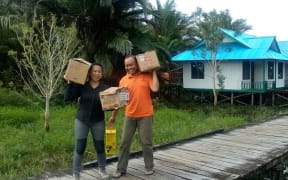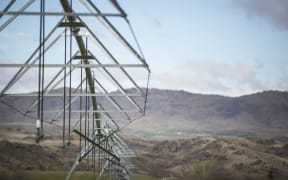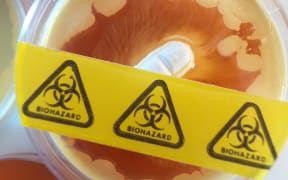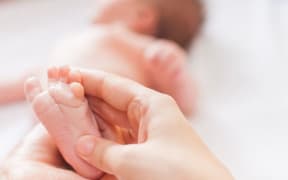UNICEF says the rate of newborn deaths in Kiribati, Papua New Guinea and the Federated States of Micronesia remains alarmingly high.
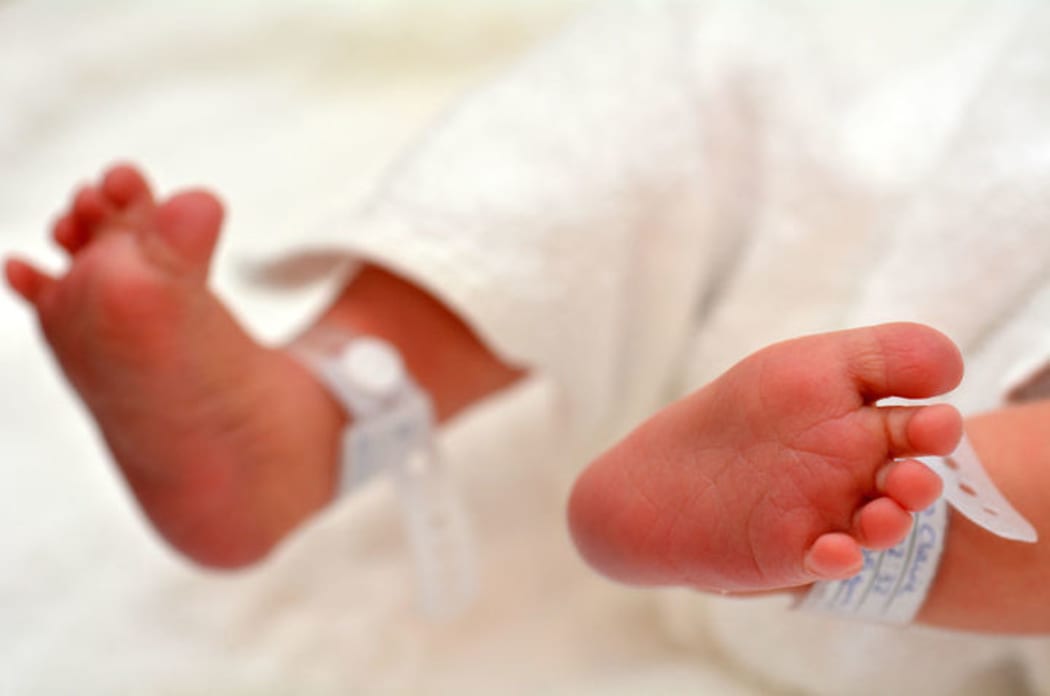
Photo: 123RF
A new report shows newborns from the world's riskiest places to give birth are up to 50 times more likely to die than those from the safest places.
UNICEF said in PNG, one in 43 babies born does not survive followed closely by Kiribati, with one in 44.
The rate is one in 58 for the Federated States of Micronesia and one in 85 in Vanuatu.
The report showed Tonga doing best among Pacific island countries with a rate of one in 147.
The rate in Fiji is one in 114.
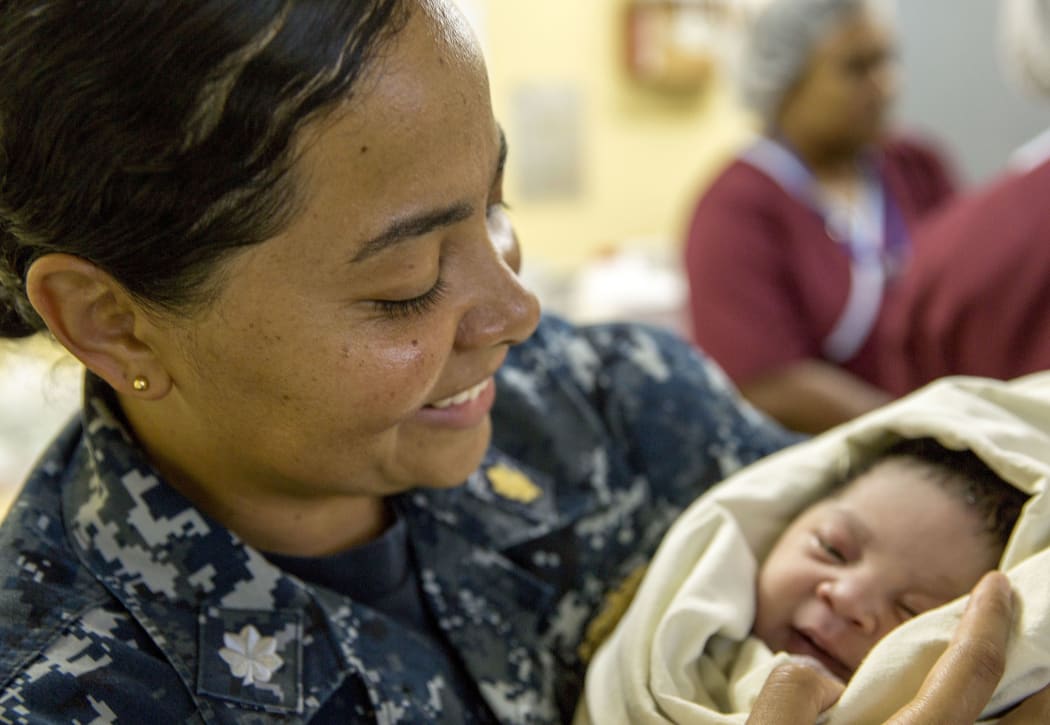
Photo: creative commons - 150617-M-DN141-006 - M-DN141-006.jpg - wikimedia
UNICEF Pacific Representative Sheldon Yett said throughout the Pacific newborn mortality rates remain a serious concern.
"UNICEF is working with governments around the region to improve the quality of care for newborn babies and to ensure that all babies, no matter where they are born, receive the vital care they need in those first few days to survive," said Sheldon Yett.
A shortage of midwives, clean water and good nutrition are among reasons for high mortality rates.
Increased New Zealand funding for child mortality in the Pacific
New Zealand's Foreign Minister Winston Peters has announced an extra $US5 million to try and reduce the Pacific's high newborn mortality rates.
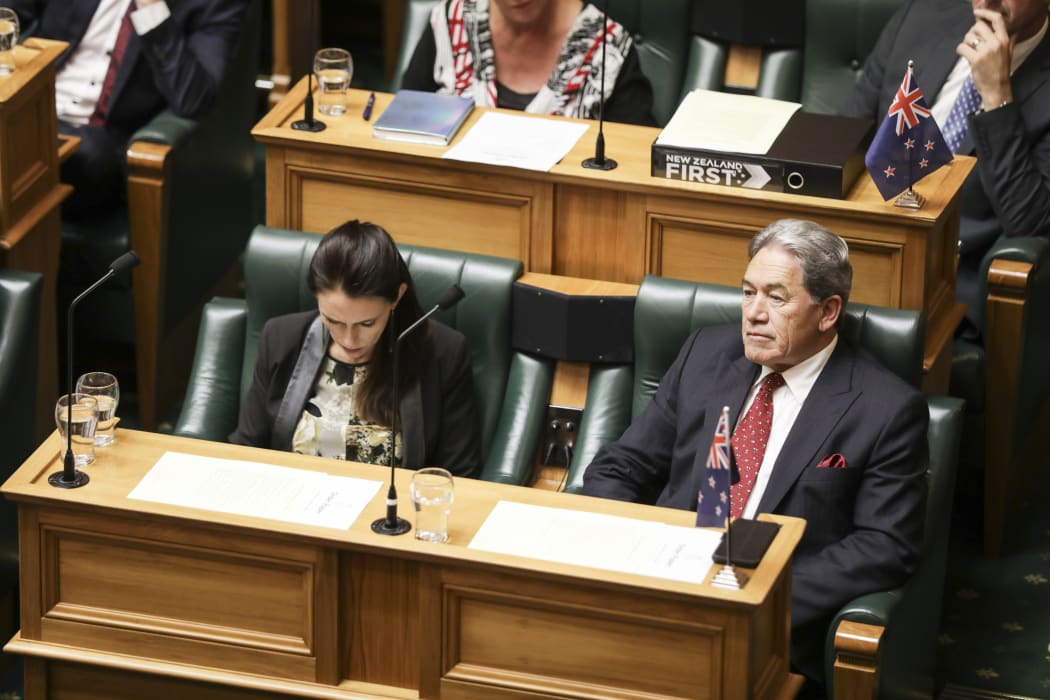
Prime Minister Jacinda Ardern and Deputy Prime Minister Winston Peters Photo: RNZ / Rebekah Parsons-King
The new funding will target Solomon Islands, Kiribati and Vanuatu which have some of the highest death rates of newborns.
Nearly 1,700 children under five years of age died in the Pacific in 2016. More than 80 percent of those children died within their first year of life and half of those children died in their first 28 days.
Mr Peters says it will go towards improving child health policies and services such as newborn care, immunisation and nutrition that are "both high impact and low-cost".
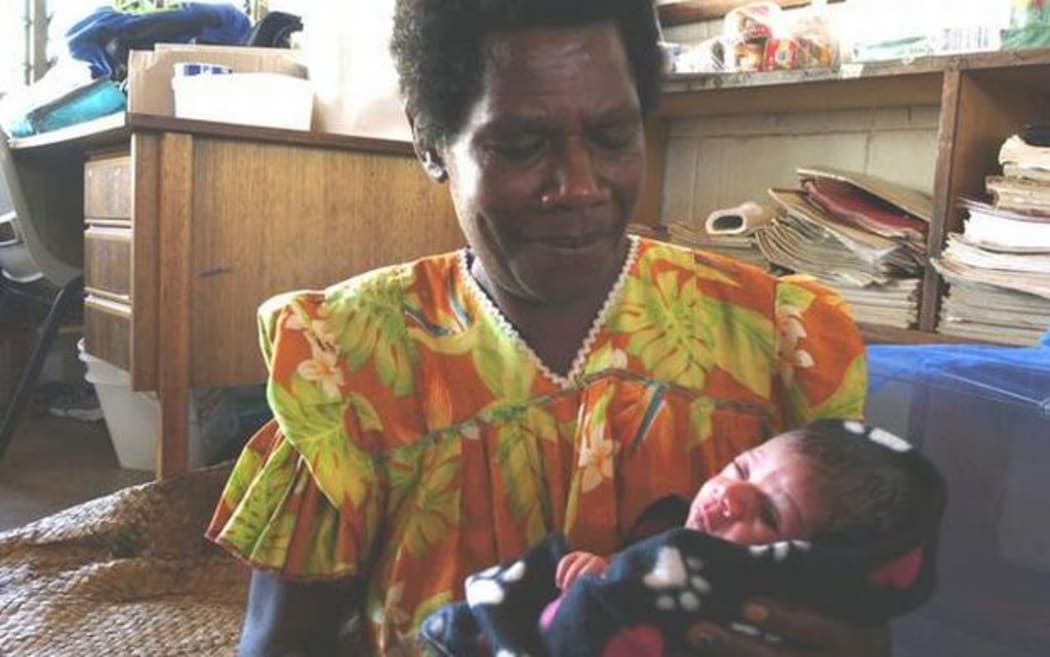
Mary Yalu in Port Vila with grandchild Pamina, born the morning Cylcone Pam struck. The family's home was destroyed in the storm. Photo: RNZ / Koroi Hawkins
The funding will also go towards increasing communities' awareness of risks to child health and improving practices.
The funding will continue to support UNICEF as a long-standing partner of the New Zealand Aid Programme with considerable child health expertise in the Pacific and globally.
New Zealand has been providing support to UNICEF under the Pacific Maternal Newborn and Child Health Initiative since 2014, working closely to develop areas of focus, countries to target and interventions to be supported.
